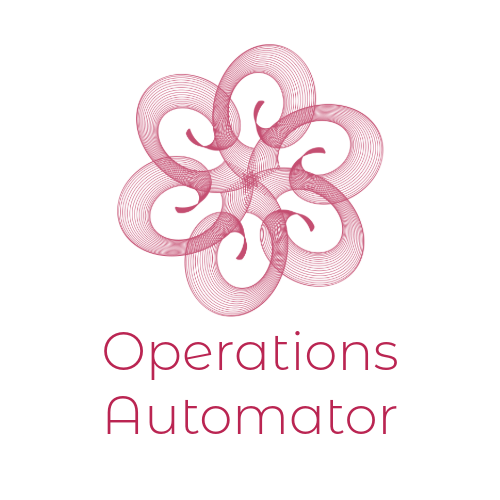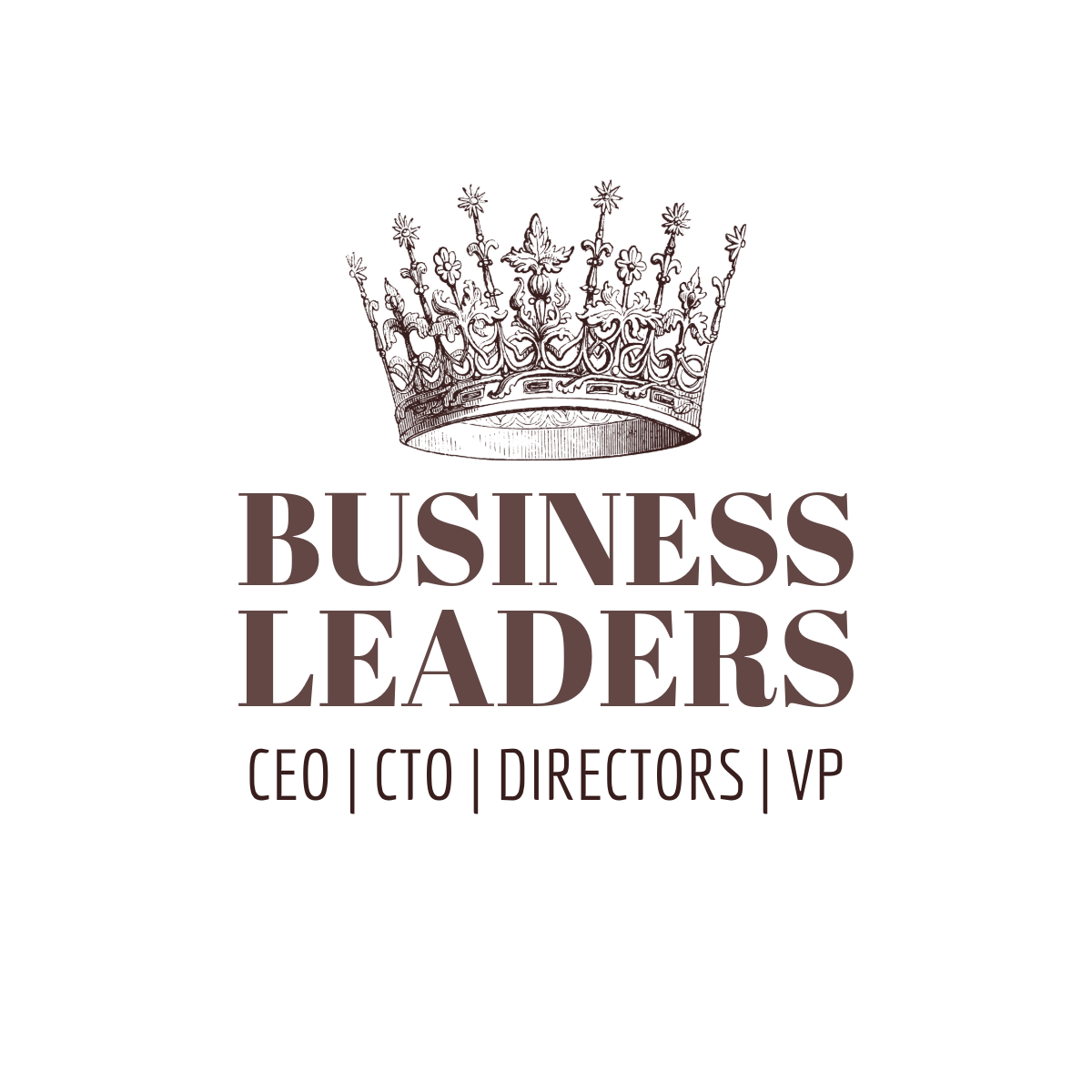Operations Automator (Level 1) → AI Builder (Level 2) → Business Leaders (Level 3)

Operations Automator
Level One
Level 1 is the “Ops umbrella” track: it covers the practices used to run reliable software and platforms end-to-end—delivery, security, infrastructure, observability, incident response, and cost-awareness.
It’s designed to make learners effective at automating and standardizing operations work, not only learning tools.

AI Builder
Level Two
Level 2 shifts from operating systems to building systems: software engineering + agent engineering, so learners can create internal tools, products, and automation platforms end-to-end.
This level includes AI agents with LangChain (LLM app framework) and LangGraph (infrastructure for stateful, long-running agent/workflow execution).

BUsiness Leaders
Level THREE
Level 3 is for people who want to move from “building and operating” to leading—making decisions, setting direction, and driving measurable outcomes across teams and stakeholders.
This level focuses on translating technical execution (platforms, delivery, reliability, security, AI) into business value: speed, quality, cost control, risk reduction, and customer impact.
How the path works
This certification path is designed as a progression:
Operate (Level 1)
Build (Level 2)
Lead (Level 3)
Each level increases scope from execution (hands-on) to ownership (systems)
to decision-making (strategy and outcomes).
What you get (across all levels)
- Structured learning path with clear outcomes and a roadmap-style progression.
- Hands-on, project-driven learning so skills translate to real work, not just theory.
- A shareable certificate credential after successful completion (for LinkedIn/resume).
Who this is for
- Students and career-switchers who want a guided path into modern operations and AI-building roles.
- Working engineers who want to level up from tool usage to system design, automation, and building real products.
- Leads/founders who want to connect engineering execution with business impact and leadership practices.
Faculty & Industry Instructors

ASHISH KUMAR
TECHNICAL PROJECT MANAGER
Ashish is a results-driven Technical Project Manager who focuses on helping teams deliver complex work with clarity, speed, and consistency. He brings a practical, execution-first approach to training—bridging planning and delivery with real-world workflows, communication, and stakeholder alignment.
Ashish is committed to providing hands-on, personalized guidance aligned to each learner’s goals. He actively adapts course content to match student needs, clears roadblocks quickly, and ensures learners gain the confidence to apply concepts in real projects and day-to-day professional environments.

AMAN GUPTA
DEVSECOPS | MLOPS | GENAI ARCHITECT
Aman is a seasoned DevSecOps, MLOps, and GenAI architect with 15+ years of experience across software development and IT. He specializes in building secure, scalable delivery systems and operationalizing AI/ML workloads—from CI/CD and cloud automation to model deployment, monitoring, and governance.
As a trainer and mentor, Aman is known for practical, real-world teaching focused on fundamentals, best practices, and production-grade implementation. His mission is to help engineers move beyond theory and confidently design, ship, and operate modern platforms and AI-powered systems.

